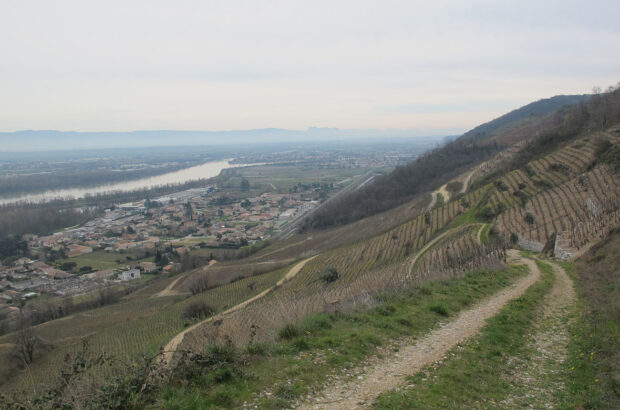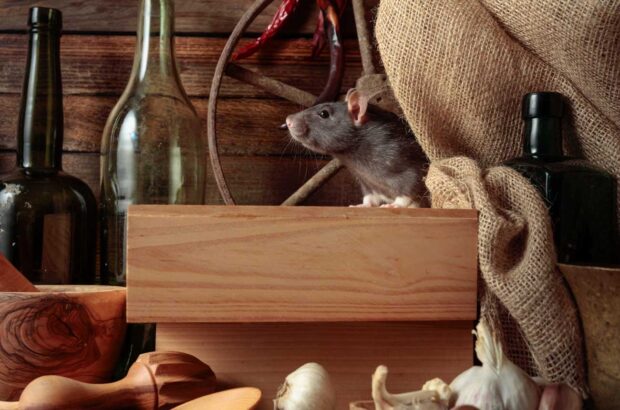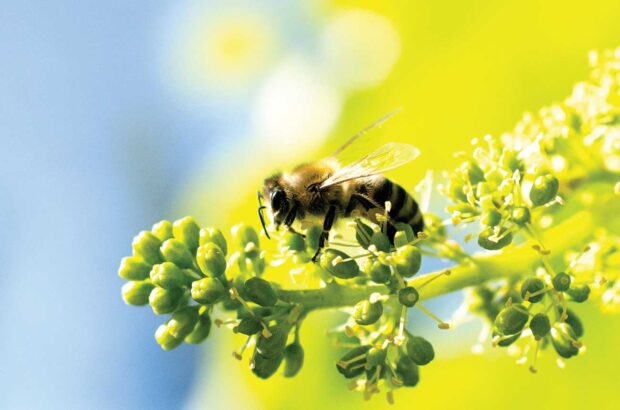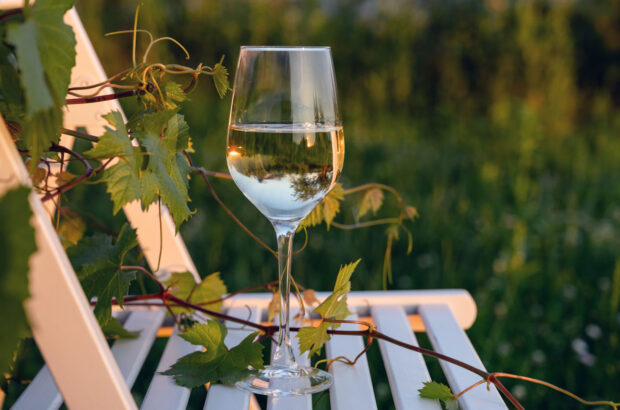How does the grape get from the vineyard to the bottle on the shelf? How does soil affect wine quality? What exactly does oak do?
Winemaking – the soil
Everyone agrees on a few basics. Vineyard soils need to drain well. Equally, if irrigation is not an option, the soil needs to be able to retain some moisture to see the vine through the summer. Furthermore, the vine needs to draw certain key nutrients, like iron and nitrogen, from the soil.
So far, so good. It is what comes next that has exercised the great wine minds of the last few hundred years. The empirical observation over the centuries in Europe, and particularly in France, is that certain vineyard plots pretty consistently produce wine with a distinctive discrete character. Somewhere like Burgundy, a grower may own two neighbouring plots of land, which he cultivates in exactly the same way, and yet the wines from these two sites taste different.
Why? The vine’s environment is thought to be responsible in some way. The French word ‘terroir’ encapsulates elements like the soil, the slope and the localised climate, which make no two places identical in terms of environment. By extension therefore, no two wines from different vineyards will ever taste quite the same.
Although the cultural gap is probably less now than it was in the past, it is possible to say that a French wine’s terroir is still seen as the most significant determinant of its style and quality. By contrast, many growers in the New World, whilst recognising the role of soil, aspect and ‘microclimate’, would not accord terroir alone the semi-mystical significance it has in parts of Europe.
The soils which are a component of the best terroirs in France are often low in organic matter and quite poor. The vigour and yield of the vines is thus naturally restricted. This leads to another much-argued observation which is that most great wines are made from low yielding vines.






